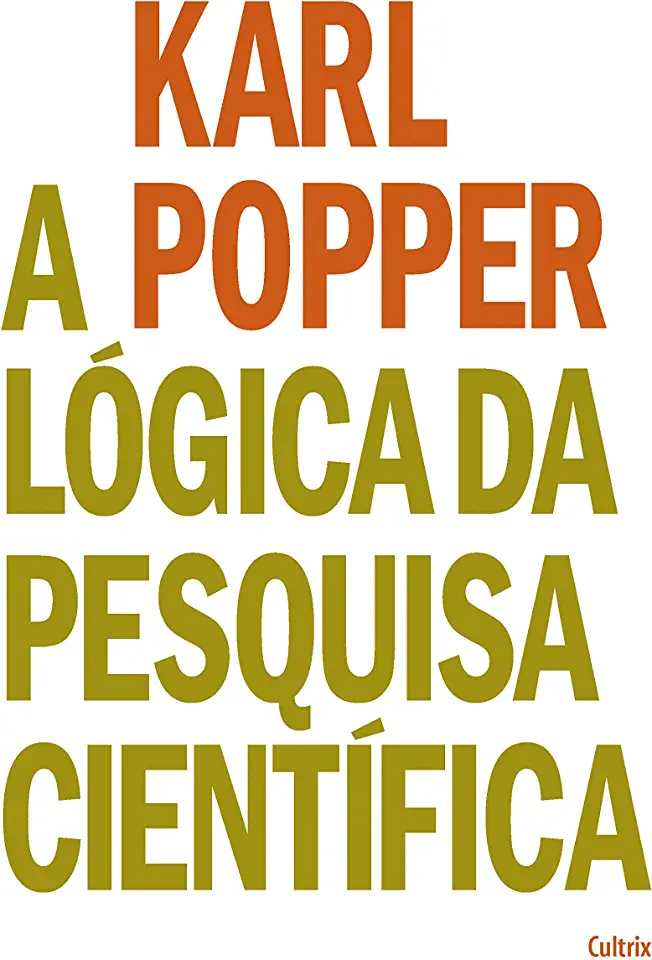
What is the Philosophy of Science? - Karl Popper
What is the Philosophy of Science? - Karl Popper
Introduction
In his seminal work, "What is the Philosophy of Science?", Karl Popper presents a groundbreaking exploration of the nature of scientific knowledge and the methods by which it is acquired. Through a rigorous analysis of the history and foundations of science, Popper challenges traditional notions of scientific certainty and proposes a new framework for understanding the growth of scientific knowledge.
The Problem of Induction
One of the central themes of Popper's philosophy of science is his critique of the traditional empiricist view of induction. According to the empiricist account, scientific knowledge is derived from observations and experiences, and generalizations are made based on these observations. However, Popper argues that this inductive approach is flawed, as it is impossible to conclusively verify a universal statement based on a finite number of observations.
The Falsifiability Criterion
In contrast to the empiricist view, Popper proposes a new criterion for scientific theories: falsifiability. According to Popper, a scientific theory is only truly scientific if it is capable of being falsified, or shown to be false, through empirical observation. This criterion distinguishes scientific theories from other forms of knowledge, such as religious beliefs or metaphysical speculations, which are not falsifiable and therefore cannot be tested through empirical means.
The Growth of Scientific Knowledge
Popper's philosophy of science also provides a unique perspective on the growth of scientific knowledge. He argues that scientific knowledge does not progress through the accumulation of verified observations, but rather through the process of conjecture and refutation. Scientists propose bold conjectures or hypotheses, and then subject these hypotheses to rigorous testing and attempts to falsify them. If a hypothesis survives these attempts at falsification, it becomes provisionally accepted as scientific knowledge, but it remains open to further scrutiny and potential refutation in the future.
The Importance of Criticism
Popper emphasizes the crucial role of criticism in the advancement of scientific knowledge. He argues that scientific progress is driven by the critical examination and testing of existing theories, rather than by the mere accumulation of new observations. Scientists should actively seek out and attempt to falsify their own theories, as well as the theories of others, in order to identify their weaknesses and limitations. This process of critical scrutiny helps to refine and improve scientific theories, leading to a deeper understanding of the natural world.
The Open Society
Popper's philosophy of science has profound implications for our understanding of society and the pursuit of knowledge. He argues that the scientific method, with its emphasis on falsifiability and criticism, provides a model for a free and open society. Just as scientists should be free to challenge and criticize existing theories, so too should citizens be free to challenge and criticize the prevailing ideas and institutions of society. This open and critical approach is essential for the advancement of knowledge and the progress of human society.
Conclusion
"What is the Philosophy of Science?" is a must-read for anyone interested in the foundations of scientific knowledge and the nature of scientific progress. Popper's groundbreaking work challenges traditional notions of scientific certainty and offers a new framework for understanding the growth of scientific knowledge. Through his emphasis on falsifiability, criticism, and the open society, Popper provides a powerful vision of science as a dynamic and self-correcting process that drives human progress.